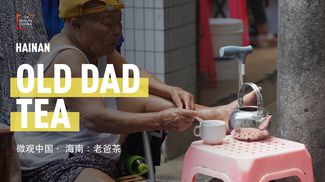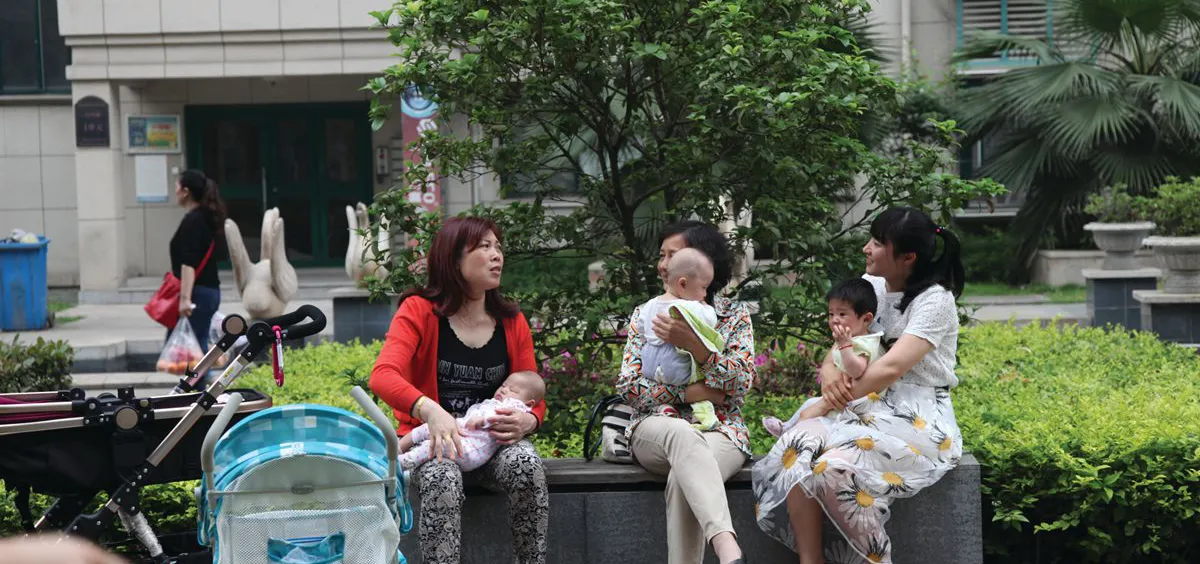Difficulty obtaining divorce and a lack of legal protection lead families to “kidnap” for custody
Beating out The Predator at October’s box office, Feng Xiaogang-produced thriller Lost, Found proves that custody battles can be more suspenseful than extraterrestrial invasions.
In the opening scenes, lawyer Li Jie warns a divorcing client not to let his ex take their child out of sight—foreshadowing the abduction of Li’s own daughter. Li suspects her ex-husband of involvement, and he blames her (the culprit, ironically, is the nanny, whom Li had hired to prevent a custody-kidnap in the first place).
The scenario could have been ripped from the headlines: With skyrocketing divorce rates, it’s not uncommon to hear of feuding exes and in-laws taking custody decisions into their own hands, especially in the one and two-child policy era. On October 2, two days before Lost, Found’s premiere, a granny was arrested at a Beijing shopping mall for attempting to kidnap her 11-month-old grandson from her estranged daughter-in-law (she snatched a stranger’s son by mistake).
“Family abduction,” or the removal and concealment of children by a non-custodial parent or family member, is not a crime under Chinese law. After a 2017 case in Nanjing, in which the child was successfully recovered two days after being taken by her mother, officer Ma Kexiang told ZAKER News that police “usually only have the power to mediate” in custody-related child abductions.
Both parents are still considered a child’s legal guardians after a divorce, under PRC marriage law. Parents who feel their rights have been violated can apply for a court order to enforce custody—with potent fines or detention for the other parent if they refuse to comply.
Cultural factors throw in another complication: In the recent Beijing kidnap, even prior to the parents’ separation, the mother and grandmother had fought over the latter’s request to raise her only grandson in his “ancestral home.” According to a 2017 study of custody cases in Guangdong province by legal platform Yidianfa, over 80 percent of cases that go to court involve only children, of which 60 percent involve only sons; 62 percent of court decisions involving sons are appealed.
Not helping matters are byzantine regulations in many localities, which require couples to first participate in mediation or mandatory “cooling off” periods when applying for a no-fault divorce. In the case of the Beijing couple, each parent was in custody limbo while they waited the required six months before they could apply to split again.
In a 2017 family abduction case, the Beijing court attempted to placate both sides with a joint custody decision—which, though formally approved by China’s highest court in 1993, is rarely awarded due to the difficulty in getting both parties to agree to the details of the arrangement. “Joint custody can only be a stopgap measure for individual cases,” Xicheng District Court judge Cheng Le told the Beijing News. “Finding a real solution still requires both parties to be reasonable and consider the mental health of the child.”
Custodial Clash is a story from our issue, “Curiosities and Quests.” To read the entire issue, become a subscriber and receive the full magazine. Alternatively, you can purchase the digital version from the App Store.













